
Ecology
-
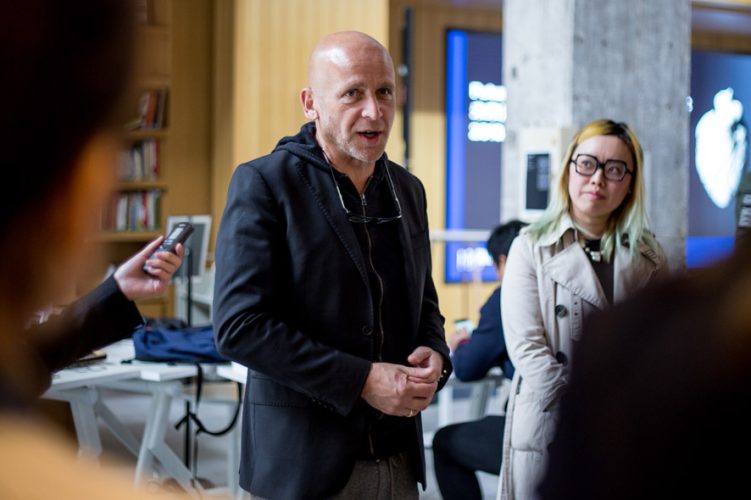
Future Humanity – Our Shared Planet: Is this the future?
In November 2018, Ars Electronica and Hyundai Motor Group will open three exhibitions around the world on the theme of “Future Humanity – Our Shared Planet”. The shows at Hyundai Motor Studios in Moscow, Seoul and Beijing will artistically examine what it means to be human in the future. We found out more in this…
-
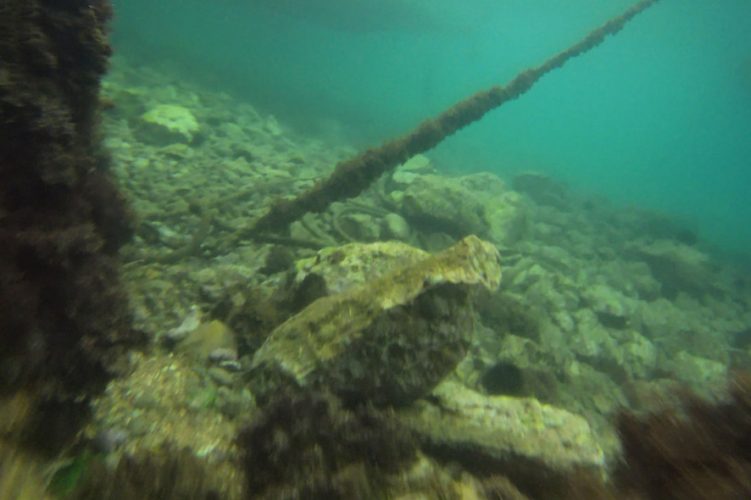
aqua_forensic: The Invisible Danger in the World’s Oceans
Invisible and yet threatening. The EMAP/EMARE project “aqua_forensic” by Robertina Šebjanič and Gjino Šutić is investigating human pollution in the oceans. It is the result of their residency at Ars Electronica. The second Open Call for a EMAP/EMARE residency runs until December 3, 2018.
-
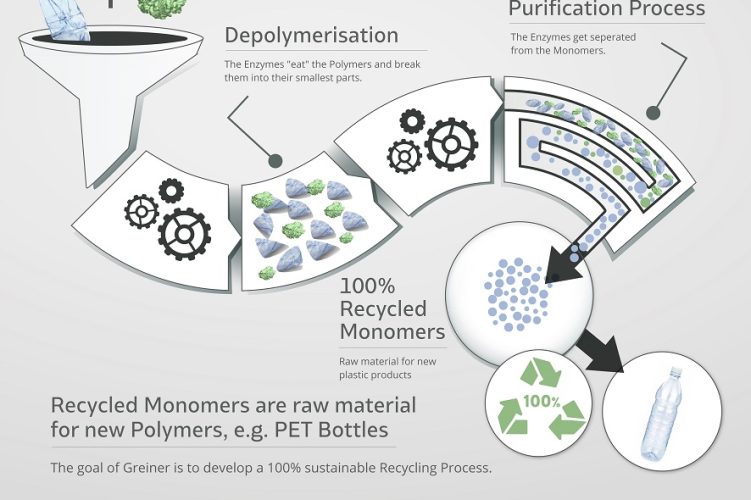
Plastics for Life: Sustainable Plastic
How can plastic be made more sustainable? Greiner, a maker of plastic and foam products, will present two good ideas on this subject that the company’s own employees came up with. See them at the Festival September 6-10, 2018.
-
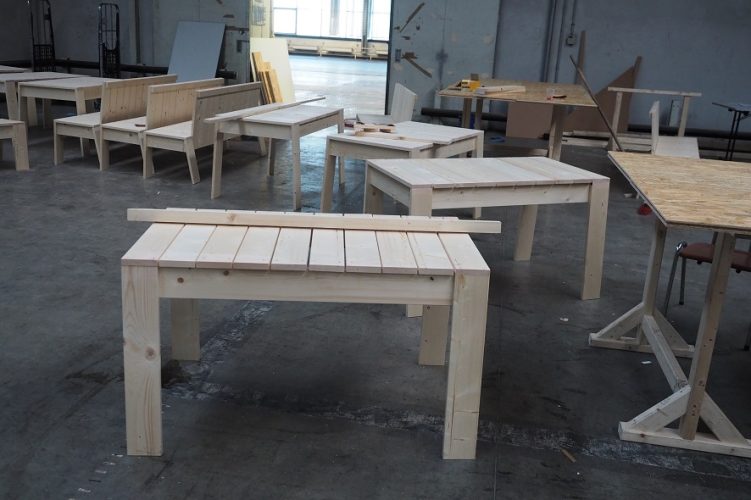
Chairs and Tables for a Good Cause: Social Furniture
A very special contribution to the interior décor at this year’s Ars Electronica Festival is being made by Social Furniture, a project in which refugees work together with Austrian mentors to construct wooden furnishings. After the festival, these chairs, benches and tables will be donated to refugees and NGOs.
-
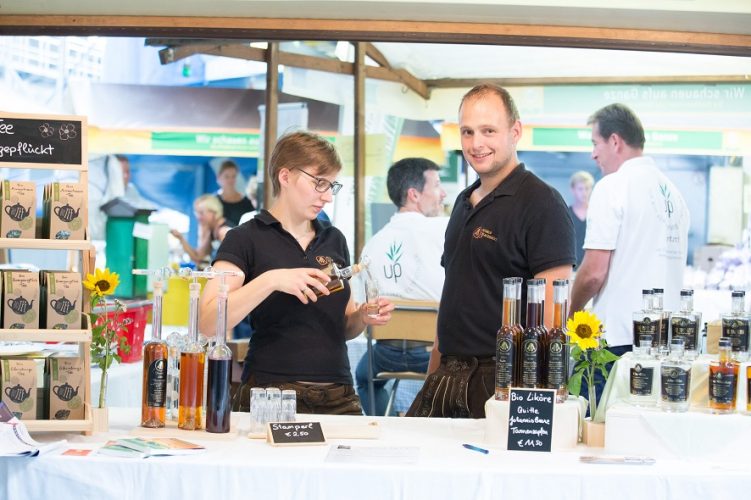
Yummy, Local, Organic: The Farmers’ Market at the Festival
The aroma of fresh bread and Upper Austrian regional delicacies will waft amongst busy festivalgoers in POSTCITY Linz once again on Saturday, September 8, 2018, the day of the BIO AUSTRIA Farmers’ Market. We got a foretaste in this interview.
-
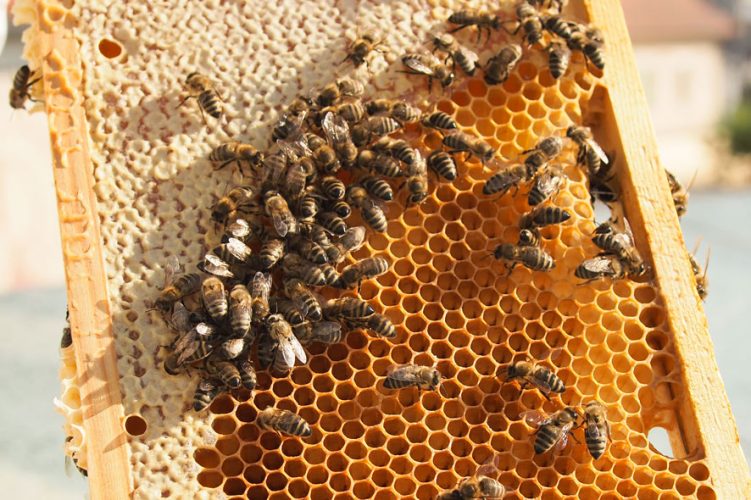
The Busy Bees at Ars Electronica
Anyone who’s walked all the way upstairs at the Ars Electronica Center lately is sure to have already discovered them—Ars Electronica’s busy bees. Now, a webcam delivers live images of the hives and their approximately 200,000 industrious inhabitants. We recently met with Harald Wohlschlager, the beekeeper in charge of this project, and learned some things…
-
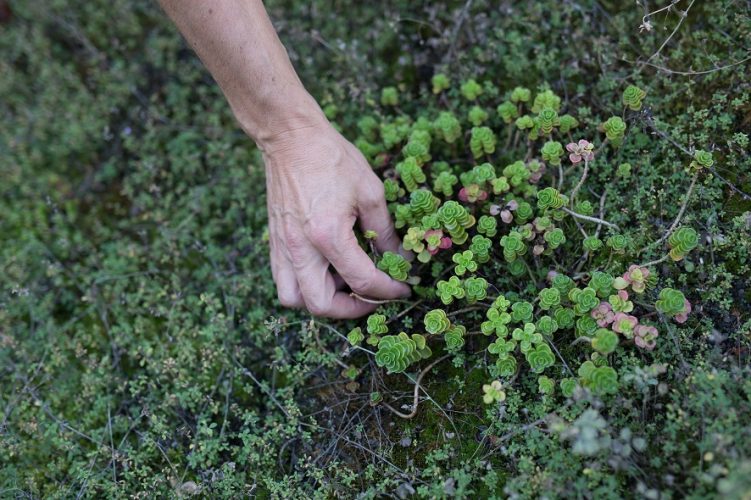
Linz, Naturally: Botany in Steel City
Nature downtown—couldn’t be much more than a few weeds amongst the concrete, could it? That’s what you think, says Friedrich Schwarz of Linz’s Botanical Garden! He goes into detail about the inner city’s hidden flora and fauna in “Linz, Naturally”, his ongoing series of talks in Deep Space. On April 19, 2018, his topic will…
-
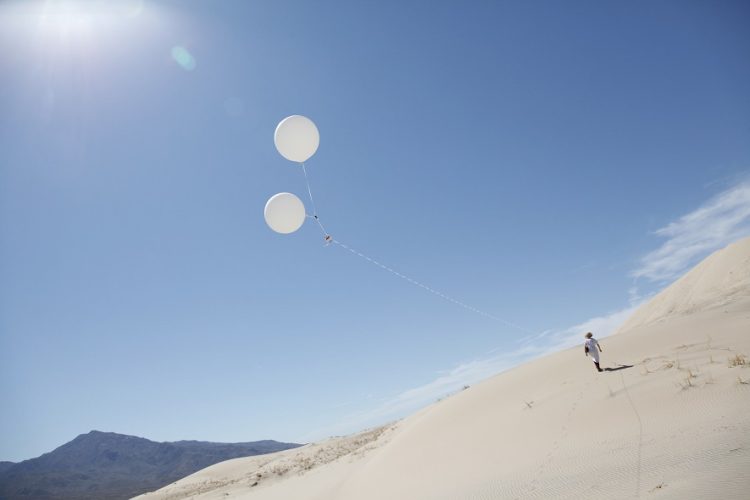
Feminism and Climate Change: UCLA at the 2017 Ars Electronica Festival
The Campus exhibition that Linz Art University has hosted during the Ars Electronica Festival since 2002 extends an invitation to an art college from a foreign country to come to Linz and showcase the work being done there. This year’s guest is the University of California at Los Angeles. In this interview, Professor Victoria Vesna…
-
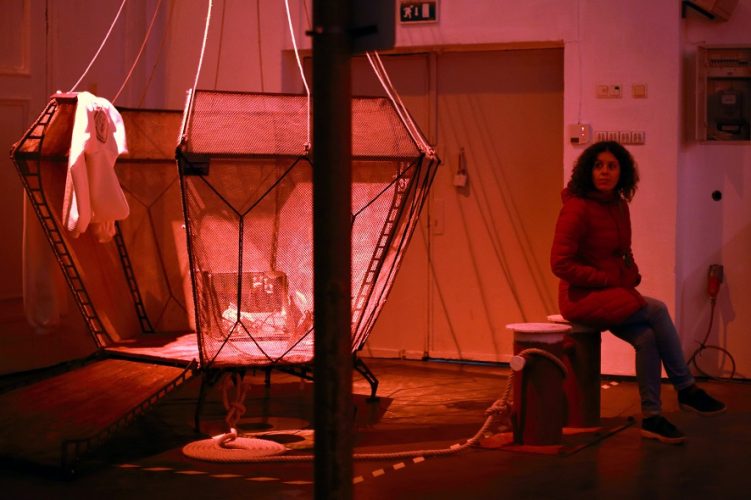
Turnton Docklands: Walk-through Environmental Dystopia and Possible Vision of the Future
The Linz-based artists’ collective Time’s Up builds walk-through worlds, physical narratives, in which every object tells a story. At Ars Electronica Festival September 7-11, 2017, festivalgoers will be able to experience one of them: “Turnton Docklands.” We talked to Time’s Up about this mix of environmental dystopia, social utopia and disturbing future scenario.
-
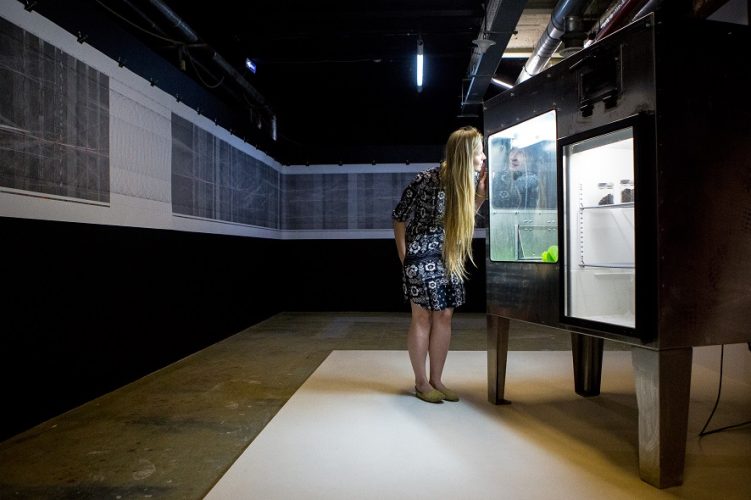
FLY FACTORY – Are Insects the Food of the Future?
Well, in any case, Búi Bjarmar Aðalsteinsson thinks it’s possible. His project is a breeding ground for flies whose larvae can be harvested and processed into foodstuffs. “Fly Factory” is now on display in the “EARTH LAB – Artists as Catalysts” exhibition in Moscow.